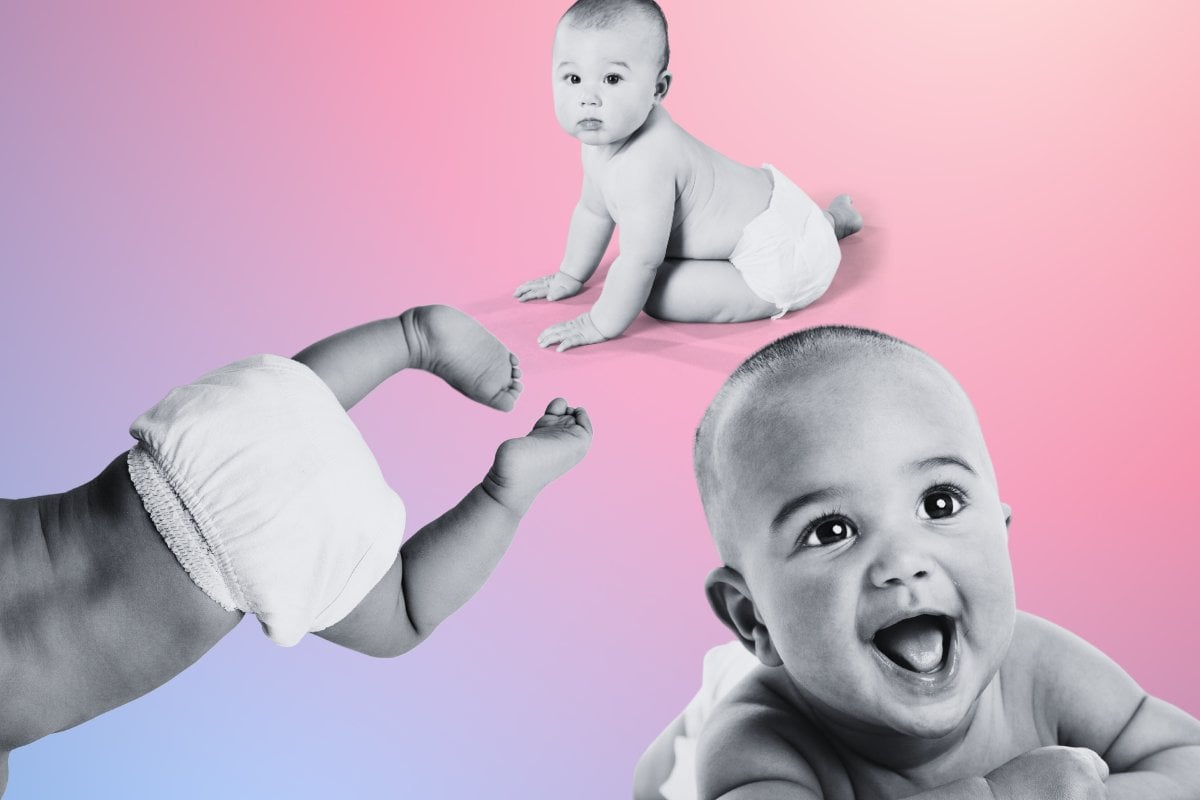
As a teenager, I was led to believe that there would be certain periods in my life when I would be hit by the wild, consuming urge to become pregnant and have a baby.
There were myths about how and when this would happen that I came to believe inherently, one of these being that 'baby fever' came in pre-determined peaks. The first wave, I was told, would strike you at 21-years-old, and the next in your late 20s. Only, I turned 21 and then more recently, left my 20s behind entirely and I still haven't experienced the strong physical urge to become pregnant.
When people talk about that obsessive desire to have a baby that emanates from deep within their uteruses (uteri?), how it forces them to hyper-focus on children, reach for tiny baby articles of clothing, and clutch at friend's kids, I find myself at a loss.
Even though I love being around children and intellectually, I enjoy the idea of being a parent, I have never received the "Go!" message from my own body. I can confidently say that I have never once in my life felt 'broody'. I can't even really comprehend what that would feel like.
So, is baby fever a myth after all?
And if it is, in fact, a real phenomenon then what does that say about women who don't experience it?
What is 'baby fever'?
The fact is that a deep, burning desire to procreate is a documented and studied phenomenon, although it appears in the literature under alternate names, including 'baby longing' and the far more disturbing-sounding 'baby lust'.
Listen to The Quicky discuss becoming pregnant later in life. Article continues below.

